How and why a Moldovan in Switzerland is campaigning for her homeland
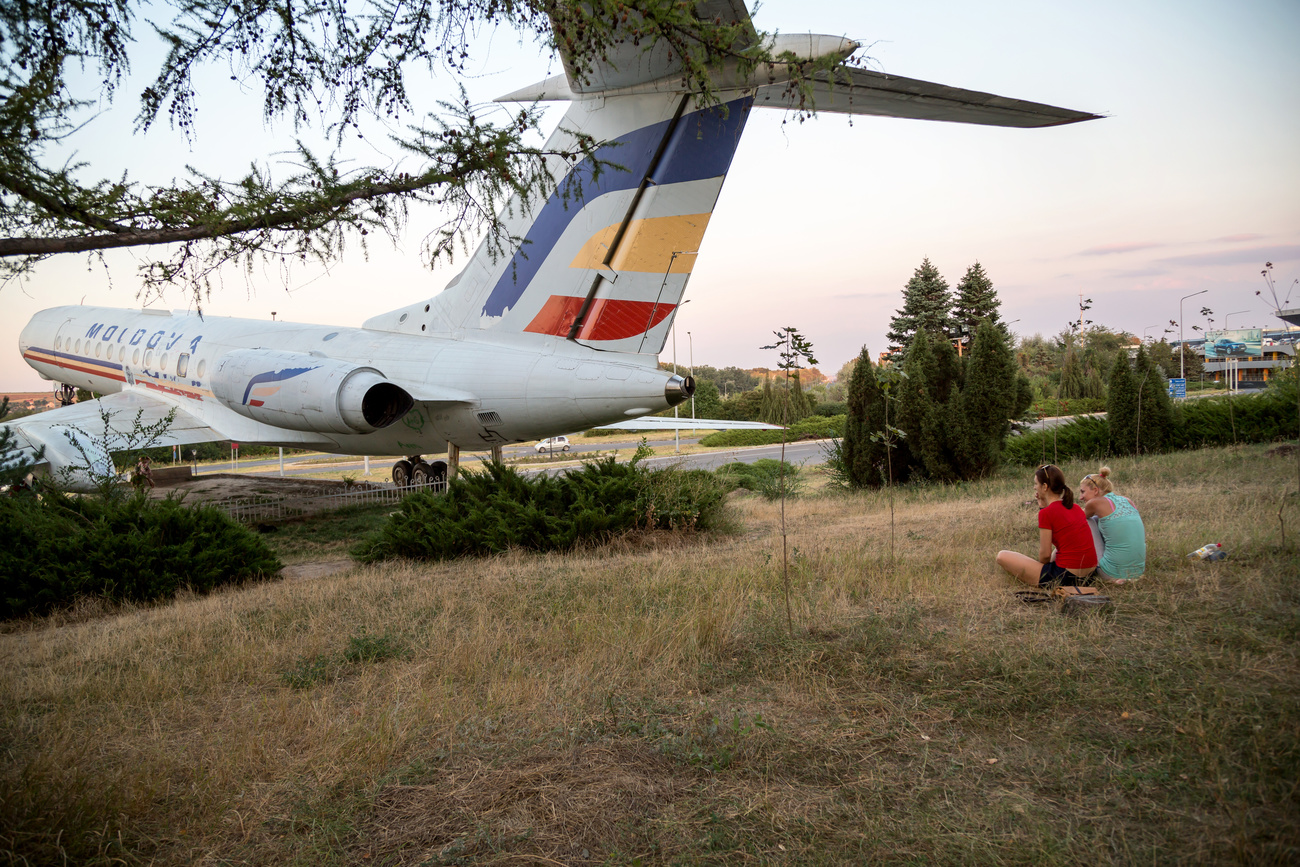
About a third of Moldova’s population lives abroad, but the country is turning the emigration problem into an opportunity. SWI swissinfo.ch looks at a Swiss-supported diaspora project that could serve as a role model.
Valentina Ceban was 23 when she left Moldova for the first time. She emigrated to Portugal with her then partner who had better job opportunities there. Upon her return to her home country in 2012, the business economist founded a start-up to produce and market products made of local sheep wool. Ceban later worked in the tourism industry, trained to become a sommelier and supported returnees from the diaspora in getting back on their feet in Moldova.
Now 40, Ceban is part of the diaspora again, this time in Switzerland. Three years ago, she emigrated with her son and husband, who had found a job in the financial sector in Zurich. From her Swiss base, she supports the development of her home country, particularly rural Moldova, as part of a USAID (United States Agency for International Development) project that aims to boost tourism in the region.
Youth exodus
Of Moldova’s total population of some 2.6 million, about a third lives abroad. Since the country gained independence from the Soviet Union in 1991, thousands of people have left their homes owing to the lack of adequate employment and training opportunities, the high inflation rate, insufficient infrastructure and corruption. Another reason for the emigration wave is the fact that many Moldovans are of Romanian descent and are eligible for Romanian citizenship, which makes it easier for them to settle in the EU.
It is a vicious circle: the lack of job opportunities forces many people to leave the country which in turn leads to a shortage of skilled labour and slows economic development. At 42%, Moldova’s employment rate is very low. By comparison, Switzerland’s employment rate is above 83%, while the OECD average stands at 73%. Young people in particular turn their backs on Moldova and seek their fortune abroad.
Left behind are the elderly, who often live alone and in poverty, which worries Ceban. “The healthcare system in Moldova is dire, and there are no old people’s homes like in Europe,” she says. Russia’s invasion of Ukraine has added to the problem. Moldova, a country of emigration, was suddenly faced with hosting Ukrainian refugees just as energy prices soared.
Ceban decided to act from her new home in Switzerland and set up the foundation “Our Roots”, which now counts around 35 Moldovans resident in Switzerland. “Our goal is to connect the diaspora, give our culture more visibility in Switzerland and support Moldova at the same time,” she says.
In an effort to raise funds, the association regularly organises events such as concerts or wine tastings with wine imported from Moldova. The proceeds go to needy families in Moldova, especially to single women and the elderly. Members of the association also offer language classes for children to ensure they do not forget their mother tongue. Recently, the Moldovan government awarded Ceban a diploma of honour for her various engagements.
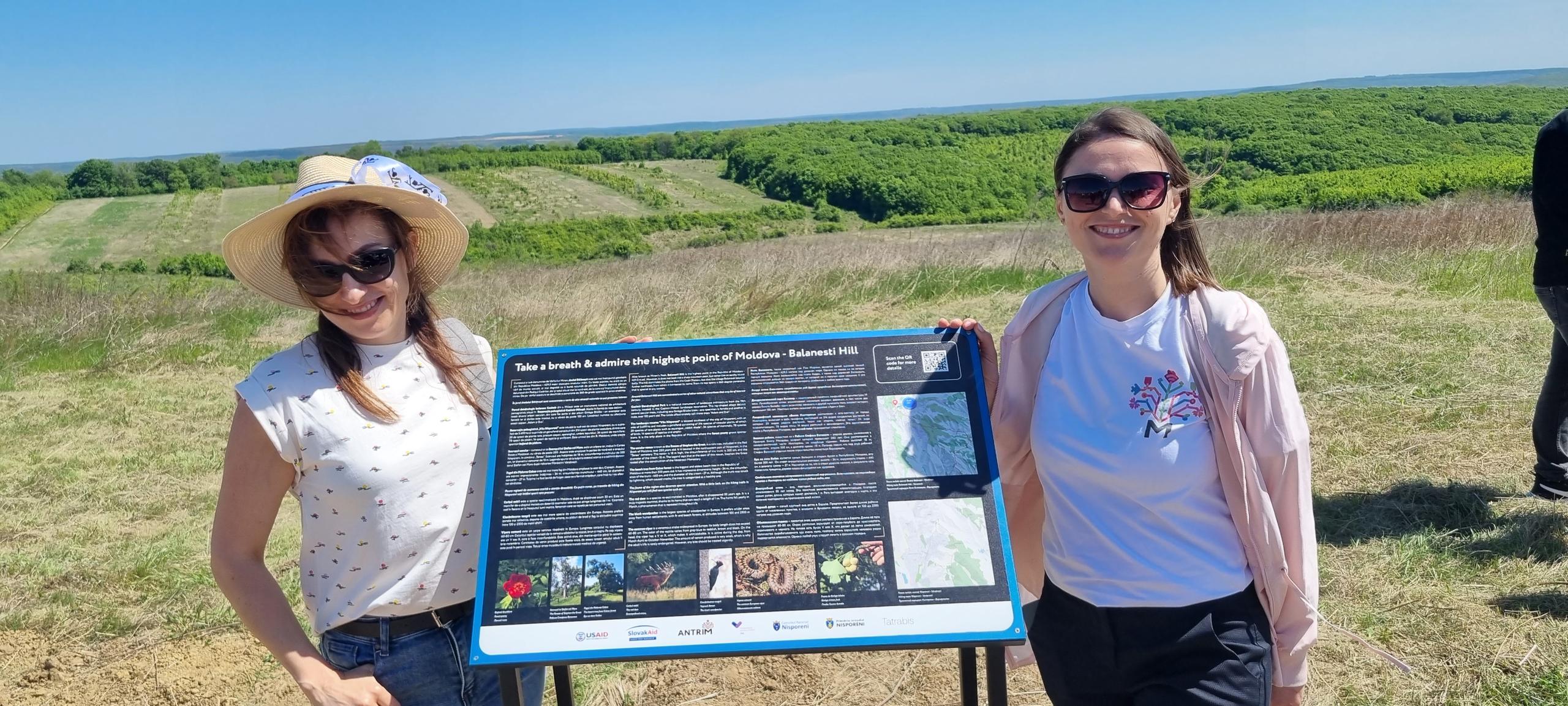
Remittances, networks and the diaspora
The Swiss government has also acknowledged that the Moldovan diaspora has strong ties to their home country. Radu Danii of the Cooperation Office of the Swiss Agency for Development and Cooperation (SDC) in Moldova says: “Moldovans are very attached to their home country; many of them have left most of their family behind.”
Hence, they are keen to invest in Moldova but not only through remittances which, according to the World Bank, amount to around 35% of the country’s gross domestic product (GDP).
“We have realised that the involvement of the Moldovan diaspora is key to making a difference,” says Danii. Around ten years ago, the SDC and the United Nations Development Programme (UNDP) launched the project “Migration and Development” in Moldova with the goal of strengthening the cohesion between locals, the diaspora, returnees and local governments.
So far, the project has mobilised an unprecedented number of Moldovan emigrants. Around a third of the 900 or so communities in Moldova have established pro-active partnerships with the diaspora, for example through so-called hometown associations that aim to connect expats with the communities they grew up in. At the start of the project, the UNDP helped collect relevant data on emigrated Moldovans, which enabled the local governments to get in touch with them.
After the first contact, large-scale communication campaigns were launched to motivate Moldovan emigrants to establish such hometown associations in their communities of origin. This was done in close cooperation with the mayor or the responsible local authority.
The initiative has been successful. There are now 170 hometown associations across the country which have implemented around 200 projects that benefit the local population. They include pavements, playgrounds, an improved water supply system as well as cultural programmes and the development of a tourism infrastructure. Most of the projects are funded by members of the diaspora and the local authorities, while the missing funds are covered by the SDC or through crowdfunding.
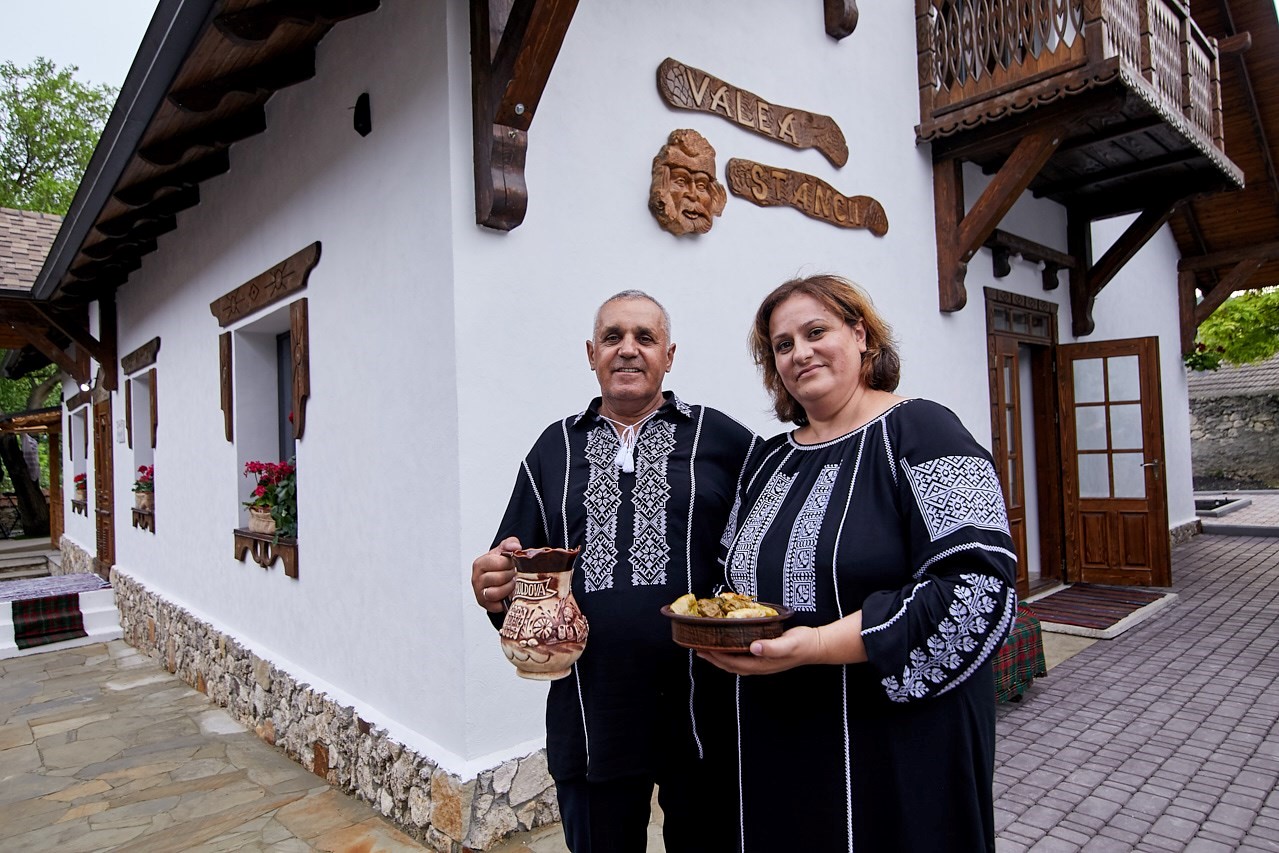
Support from abroad
Moldova also does its share: via the Bureau for Diaspora Relations (BRD) and the National “Diaspora Strategy 2025” it addresses the concerns of emigrants and returnees and develops support programmes.
On behalf of the BRD, Ceban occasionally provides advice from Switzerland to those who want to return to Moldova and set up their own business, for example when it comes to writing funding applications. In the future, she would like to raise more funds for her organisation, which would allow her to expand her range of services.
Ceban does not rule out the possibility of returning to her home country one day – just like her mother, who returned to Moldova in 2010 having lived in Italy for 13 years. “I’m definitely leaving the door to my home country open,” she says.
Edited by Marc Leutenegger. Adapted from German by Billi Bierling/ts

In compliance with the JTI standards
More: SWI swissinfo.ch certified by the Journalism Trust Initiative









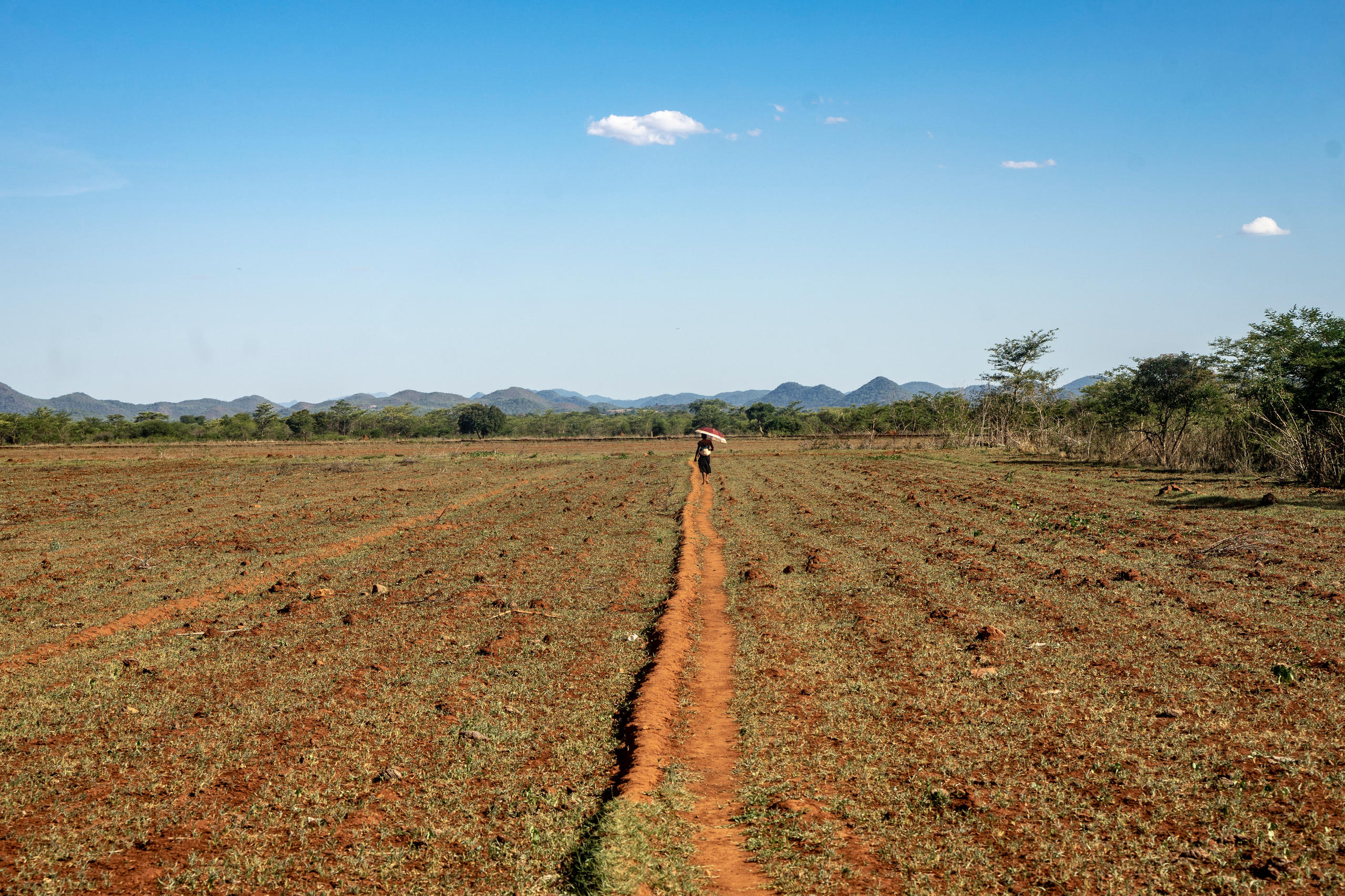
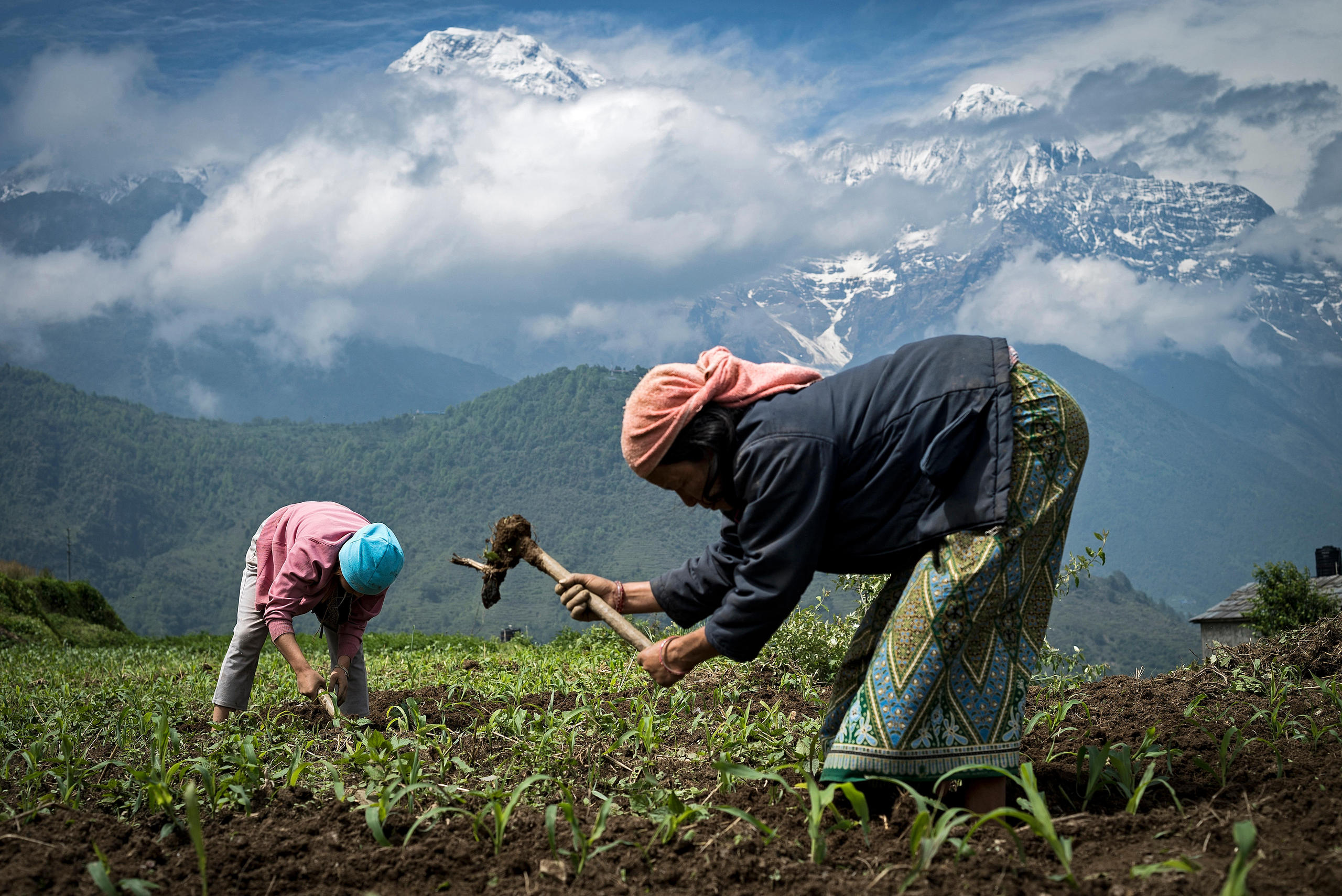
You can find an overview of ongoing debates with our journalists here . Please join us!
If you want to start a conversation about a topic raised in this article or want to report factual errors, email us at english@swissinfo.ch.